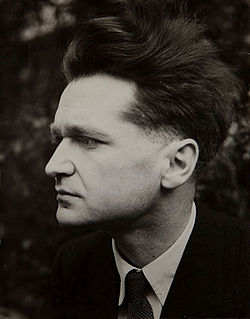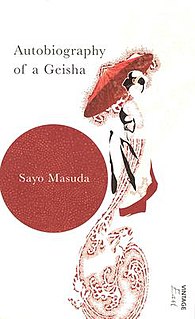A Quote by Emil Cioran
We would not be interested in human beings if we did not have the hope of someday meeting someone worse off than ourselves.
Related Quotes
I was deeply interested in conveying what is a deeply felt conviction of my own. This is simply to suggest that human beings must involve themselves in the anguish of other human beings. This, I submit to you, is not a political thesis at all. It is simply an expression of what I would hope might be ultimately a simple humanity for humanity's sake.
I've learned that there is no currency like trust and no catalyst like hope. There is nothing worse for building relationships than pandering, on one hand, and preaching, on the other. And the most important quality we must all strengthen in ourselves is that of a deep human empathy, for that will provide the most hope of all and the foundation for our collective survival.
It is so important not to let ourselves off the hook or to become apathetic or cynical by telling ourselves that nothing works or makes a difference. Every day, light your small candle.... The inaction and actions of many human beings over a long time contributed to the crises our children face, and it is the action and struggle of many human beings over time that will solve them-with God's help. So every day, light your small candle.
One of the things that I tell beginning writers is this: If you describe a landscape, or a cityscape, or a seascape, always be sure to put a human figure somewhere in the scene. Why? Because readers are human beings, mostly interested in human beings. People are humanists. Most of them are humanists, that is.









































